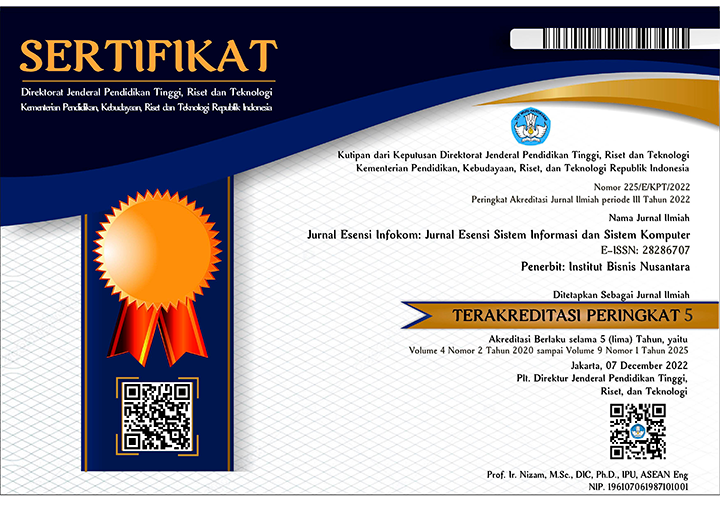Menu Utama
Peer Review
Peer Review Process
The Journal has a two-stage review process.
The first stage is an initial editorial review by one of the section editors or editor in chief, resulting in a decision to send for peer review (stage 2) or an editorial rejection.
If the paper passes the editorial review, it will be assigned for the review process. Two members of the journal review panel will be assigned to review the paper. Our review panel comprises researchers and practitioners from section editors and other experienced researchers. Reviewers selected to review an article are chosen based on their experience, expertise and interests aligned to the article's focus.
The Journal uses a single-blind review process. In it, reviewers know the authors' identity, but authors don't know the identity of reviewers. No direct communication is allowed between the reviewer and the author.
The article will be reviewed against the following criteria:
- Contribution to advancing knowledge of the related subject.
- Quality of critical engagement with relevant literature (literature review and discussion)
- Clarity of research and development goals
- Clarity and justification of appropriate methodology
- Quality of empirical data, analysis, presentation and interpretation of results
- Appropriate implications for further research, theory, practice, and policy are included.
- Quality of writing (including structure, writing style, clarity of expression)
The editor will inform the review results in 30 to 90 days after the paper is submitted.
The editor will run a plagiarism check using Turnitin for the submitted articles before sending them to the reviewers. We do not process any plagiarised content. If an article has over 25% similarity result of plagiarism check, the article will be rejected.
Following the journal peer-reviewing process, the accepted research articles will be available online (free download). According to reviewers ' comments, the final decision of articles acceptance will be made by editors. The articles sent back to the authors for revision should be returned to the editor without delay. The revised article returned later than 21 days will be considered new submissions.
All articles published in Open Access will be immediately and permanently free for everyone to read and download. We are continuously working with our author communities to select the best choice of license options, currently being defined for this Journal as Creative Commons Attribution (CC-BY) 4.0.



